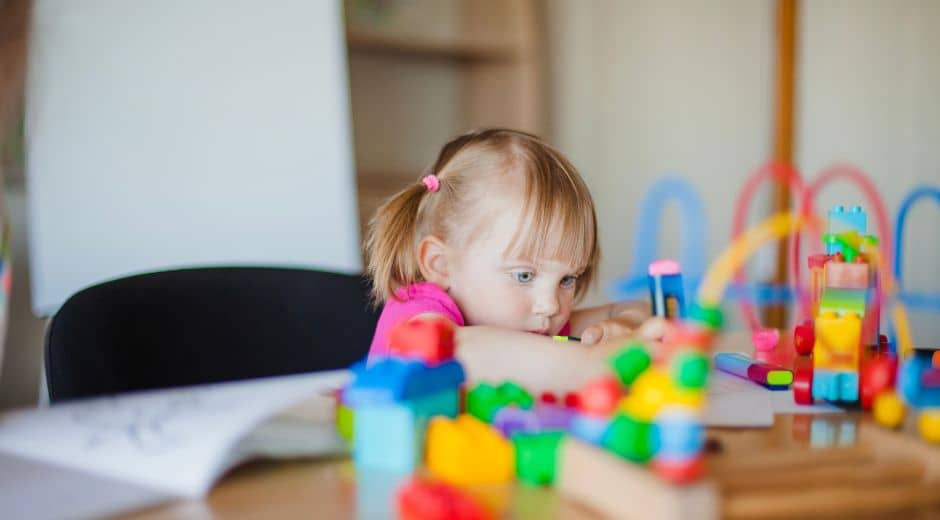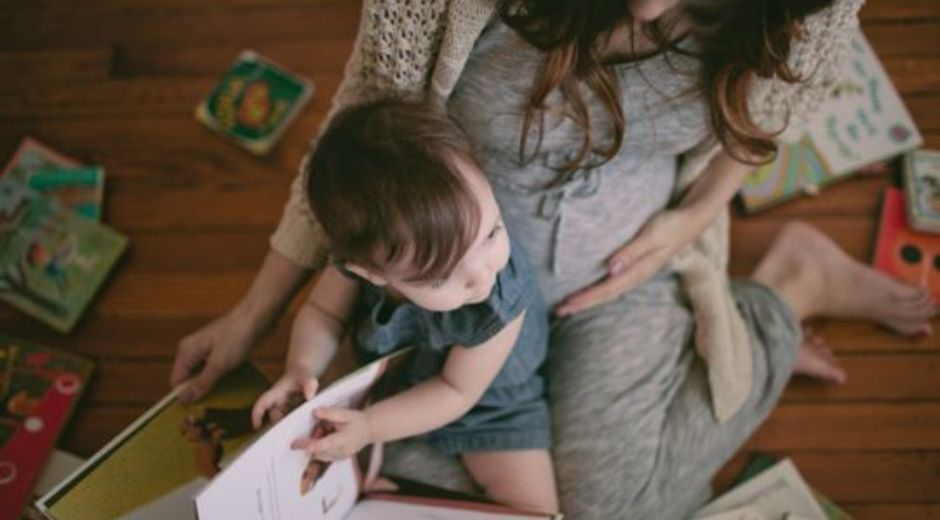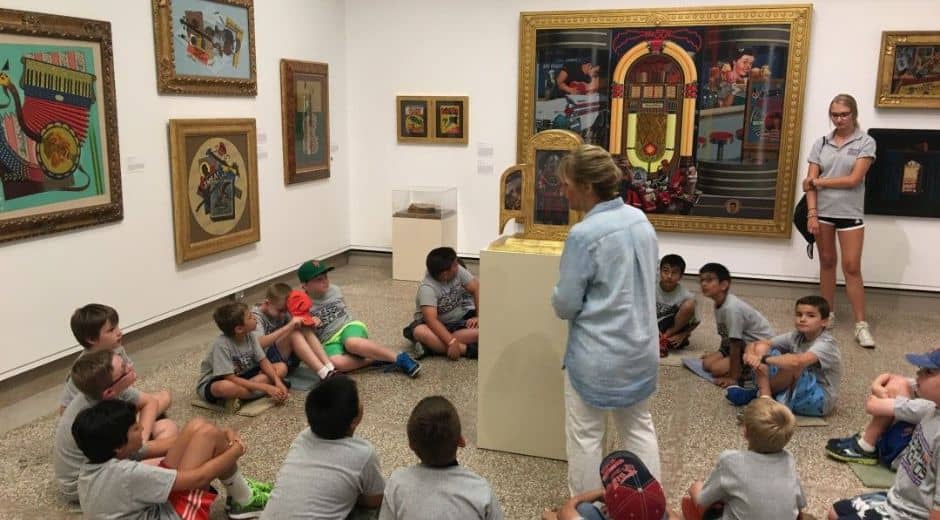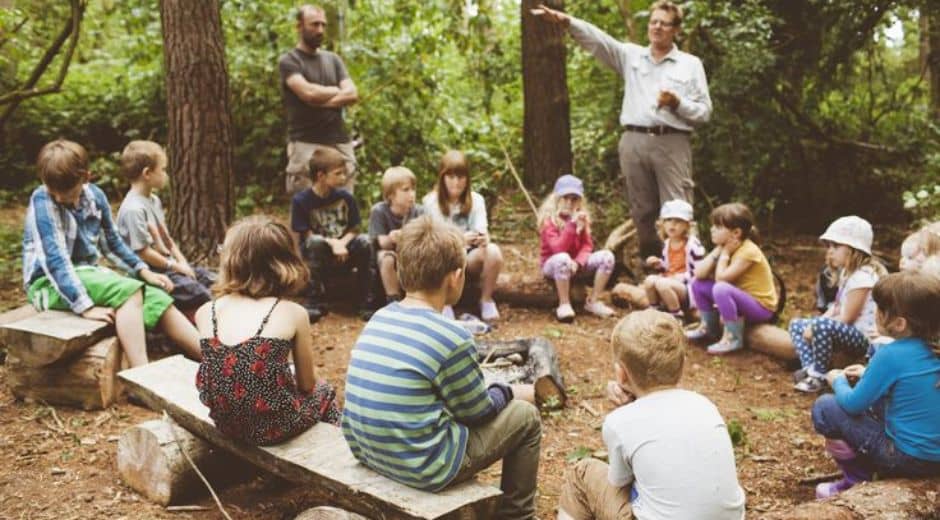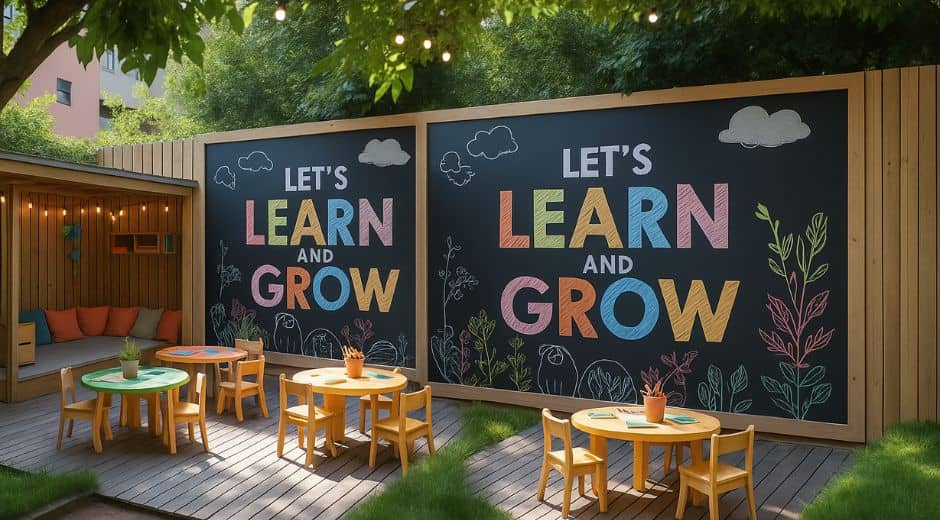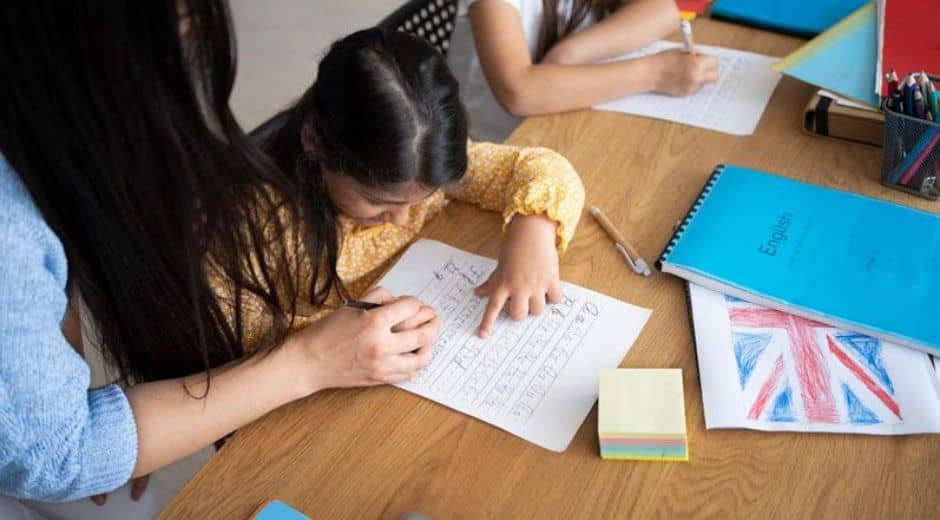Critical Thinking: Shaping Curious and Independent Young Minds
In today’s world, knowledge is everywhere, but wisdom is rare. Helping children develop Critical Thinking means equipping them with the tools to question, analyze, and form their own conclusions. Instead of memorizing facts, they learn to evaluate information, make informed choices, and think creatively. These are the skills that will define their success, both in school and in life.
Understanding Critical Thinking in Children
Critical Thinking is the ability to process information with logic and curiosity. For children, it means learning how to ask the right questions, find reliable answers, and make sense of what they discover. It’s not about being skeptical of everything, but rather about developing a thoughtful mindset that looks beyond surface-level answers.
Children who practice Critical Thinking tend to show higher creativity, stronger communication skills, and better decision-making. They can recognize cause and effect, predict outcomes, and explain their reasoning—skills that help them in every academic subject.
Why Critical Thinking Matters in Education
Traditional learning often focuses on memorization, where children repeat what they’re told without questioning it. But true education requires engagement. Critical Thinking transforms passive learning into active exploration. It allows children to understand not just what they’re learning, but why it matters.
According to Edutopia, critical thinking promotes deeper understanding and long-term retention because it connects knowledge with reasoning. When children analyze and discuss topics, they become independent thinkers who can apply what they know to real-life situations.
Encouraging Curiosity from an Early Age
The roots of Critical Thinking start in curiosity. When a child asks “Why?” it’s the beginning of analytical thought. Parents and teachers can nurture this by encouraging questions instead of rushing to give answers. Ask them back: “What do you think?” or “How could we find out?”
This process teaches kids that discovery is exciting, not frustrating. It also helps them develop persistence—the courage to keep searching for solutions even when they’re not immediately visible.
Turning Mistakes into Learning Opportunities
Mistakes are often seen as failures, but for Critical Thinking, they’re essential stepping stones. When a child makes an error and reflects on it, they develop reasoning skills and resilience. Instead of scolding or fixing problems for them, guide them to analyze what happened and why.
For example, if a science project doesn’t work as planned, ask:
“What do you think caused this result?”
“What could you try next time?”
These questions transform setbacks into opportunities for discovery.
Play and Problem-Solving
Play is a powerful tool for developing Critical Thinking. Games like puzzles, board challenges, and role-play scenarios teach children to plan, adapt, and think strategically. Even outdoor activities like treasure hunts or building forts encourage logic and collaboration.
Parents can also introduce open-ended toys—such as building blocks or art supplies—that have no single “correct” use. These toys allow children to experiment freely, promoting imagination alongside reasoning.
The Role of Schools and Teachers
Educators play a central role in shaping Critical Thinking. Modern classrooms that focus on discussion, projects, and hands-on exploration prepare students to think independently. Instead of giving ready-made answers, teachers can guide students to research, analyze, and form their own conclusions.
Project-based learning is especially effective. When children work together to solve real-world problems, they apply math, science, and communication in meaningful ways. The process teaches them not only how to find answers, but also how to evaluate which answers are best.
The Connection Between Critical Thinking and Confidence
Confidence grows when children realize they can think for themselves. Critical Thinking teaches them to trust their judgment, question respectfully, and handle disagreement constructively. This skill helps in every part of life—from friendships to future careers.
When children understand why something is true, they become less afraid of being wrong. They view challenges as opportunities to grow, not threats to their intelligence. Over time, this mindset shapes strong, capable individuals who embrace learning as a lifelong journey.
Technology and Thinking Skills
Digital tools are now a major part of education, but they can be both helpful and harmful to Critical Thinking. On one hand, technology provides endless resources and learning opportunities. On the other, it can lead to quick answers without understanding.
Parents should guide children to use technology thoughtfully. Encourage them to cross-check facts, question online sources, and compare multiple perspectives. Teach them that not everything on the internet is true—and that asking “Who wrote this?” or “What’s their goal?” is just as important as finding information itself.
For more expert advice on digital literacy and child education, parents can explore CoolParentingTips.com, where we share practical guides and modern parenting insights.
Activities That Build Critical Thinking at Home
Fostering Critical Thinking doesn’t require complicated lessons. Here are some easy, daily activities to strengthen analytical skills:
Debate the small things: Ask your child to choose between two dinner options and explain their reasoning.
Encourage storytelling: Let them invent endings to unfinished stories or predict what happens next in a show.
Analyze together: Discuss a short article or cartoon and ask, “What message do you think it sends?”
Ask open-ended questions: Avoid yes/no questions—use “What do you think?” or “Why might that be?”
Reflect daily: Before bed, talk about one thing they learned and how they learned it.
Each of these small moments strengthens logical thinking, curiosity, and reflection.
Bringing Critical Thinking into Everyday Conversations
You can weave Critical Thinking into any discussion, from shopping choices to family planning. When deciding what to buy, ask your child, “Why do you think this one is better?” or “What makes it worth the price?” These questions show them that decision-making involves thought, not impulse.
Even watching a movie can be an opportunity. Afterward, ask what they thought of the characters’ choices, what they might have done differently, or what the story taught them about life.
If you want to explore a variety of new educational tools that help children build reasoning skills, you can check GamingNewsHead for updated programs, games, and courses designed for cognitive growth.
The Long-Term Value of Thinking Critically
Teaching Critical Thinking isn’t about creating little skeptics—it’s about raising responsible, informed, and open-minded individuals. These children grow into adults who can navigate complexity with confidence and integrity.
They’ll question misinformation, analyze problems logically, and contribute meaningfully to their communities. In a rapidly changing world, those who think critically will not only adapt—they’ll lead.
Final Thoughts
Education is more than memorizing facts; it’s about learning how to think, not what to think. By nurturing Critical Thinking, parents and teachers prepare children for a future where curiosity, analysis, and independence matter most.
Encouraging this mindset early helps kids face challenges with creativity and confidence, transforming everyday learning into a lifelong adventure of understanding.
Learn Bond Bloom

Emotional Literacy and Raising Self Aware Kids
Emotional Literacy and Raising Self Aware Kids

Holiday Harmony Tips for Family Gatherings
Holiday Harmony Tips for Family Gatherings

Focus Practice Games That Feel Like Play
Focus Practice Games That Feel Like Play

Growth Mindset Phrases for Everyday Challenges
Growth Mindset Phrases for Everyday Challenges







